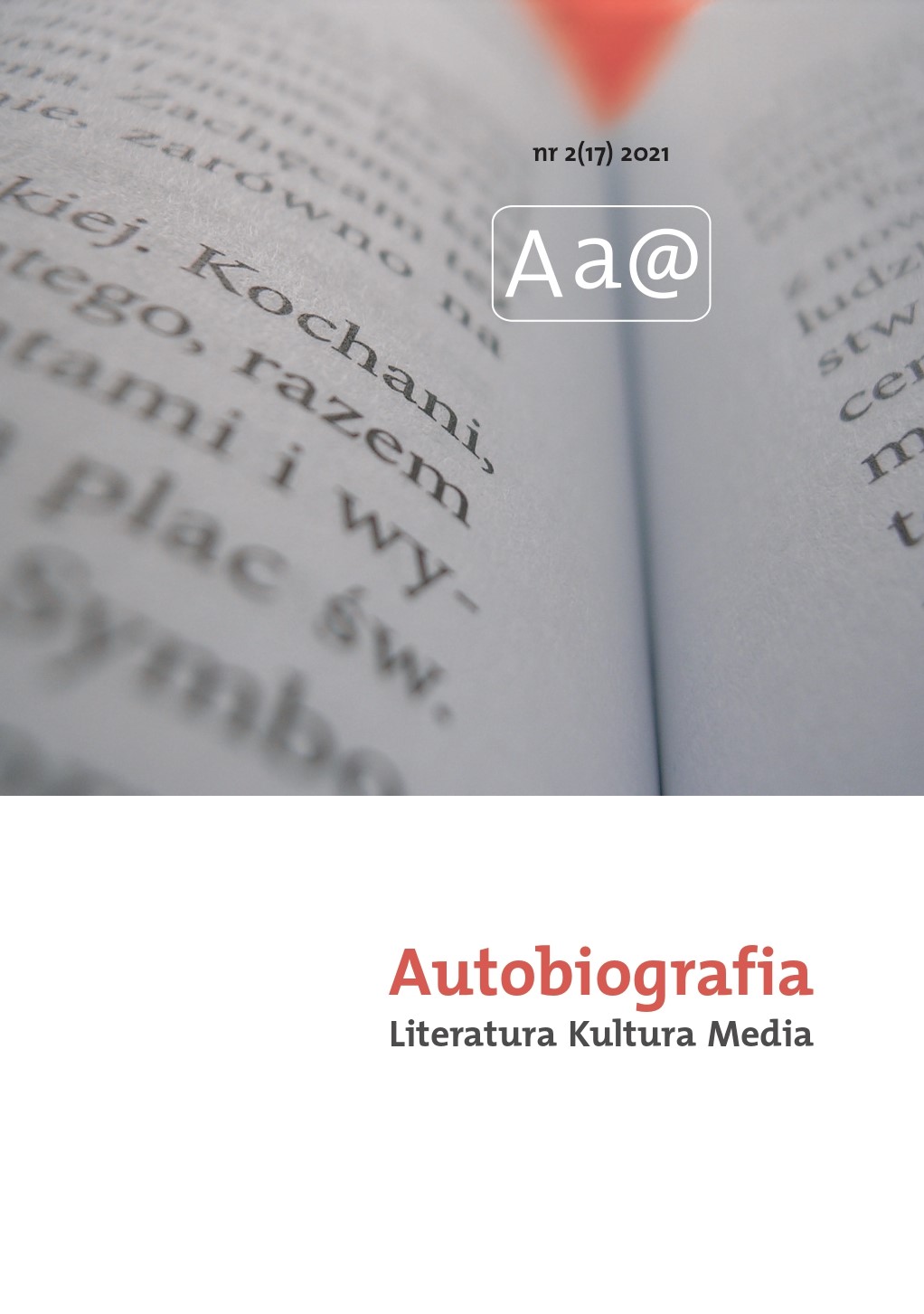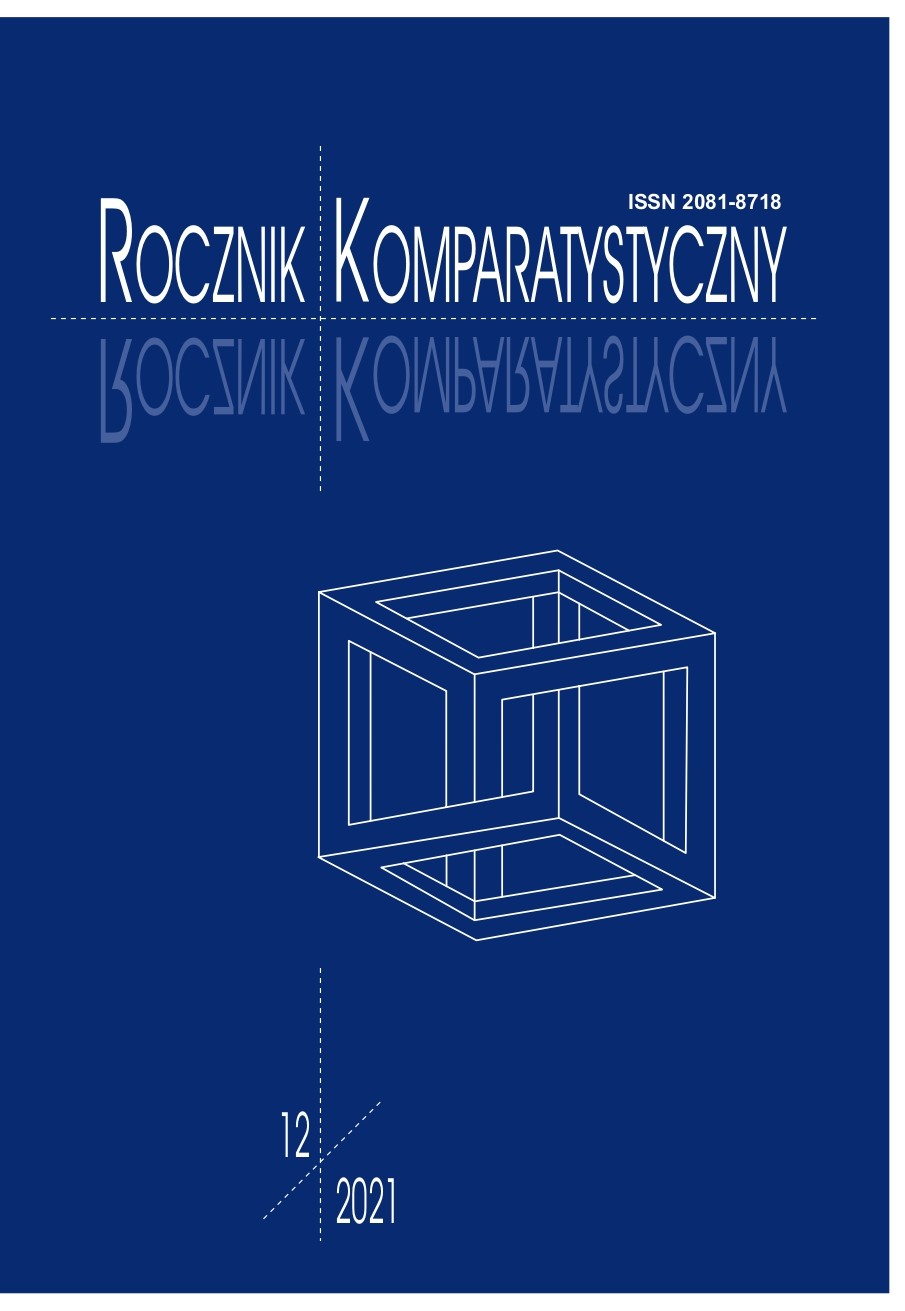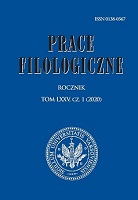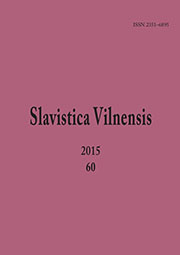
Zasługi Oskara Kolberga w dziedzinie etnografii polskiej i litewskiej
The aim of this article is the presentation of life and output of Oskar Kolberg (1814–1890). The main task is taking into consideration his merits in the field of Polish ethnography. This superb researcher started his career as a musician and composer. His first ethnography excursion took place in 1839, after it, he wrote a notation of Polish regional dances and songs. It was the beginning of his great scientific passion. His work “People, their habits, way of living, language, legends, ceremonies, witchcrafts, songs, music and dances” (34 volumes) – a compilation of folk traditions from all the Polish regions – was the best known of his works, the first in Poland and one of the few of this kind of monographic works published in the whole Europe. Very important part of his scientific work is dedicated to Lithuania. From 1840, he popularised Lithuanian songs in Polish papers, in 1858, he travelled to Lithuania. He collaborated with the well-known Polish ethnographer and linguist Jan Karłowicz (1836–1903) and with the Lithuanian folk songs collector Jonas Juška (1815–1886).
More...
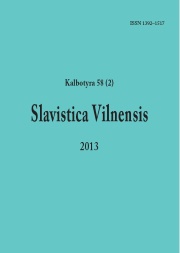
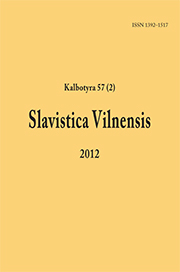
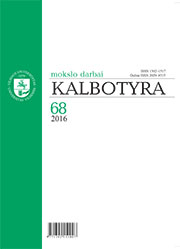
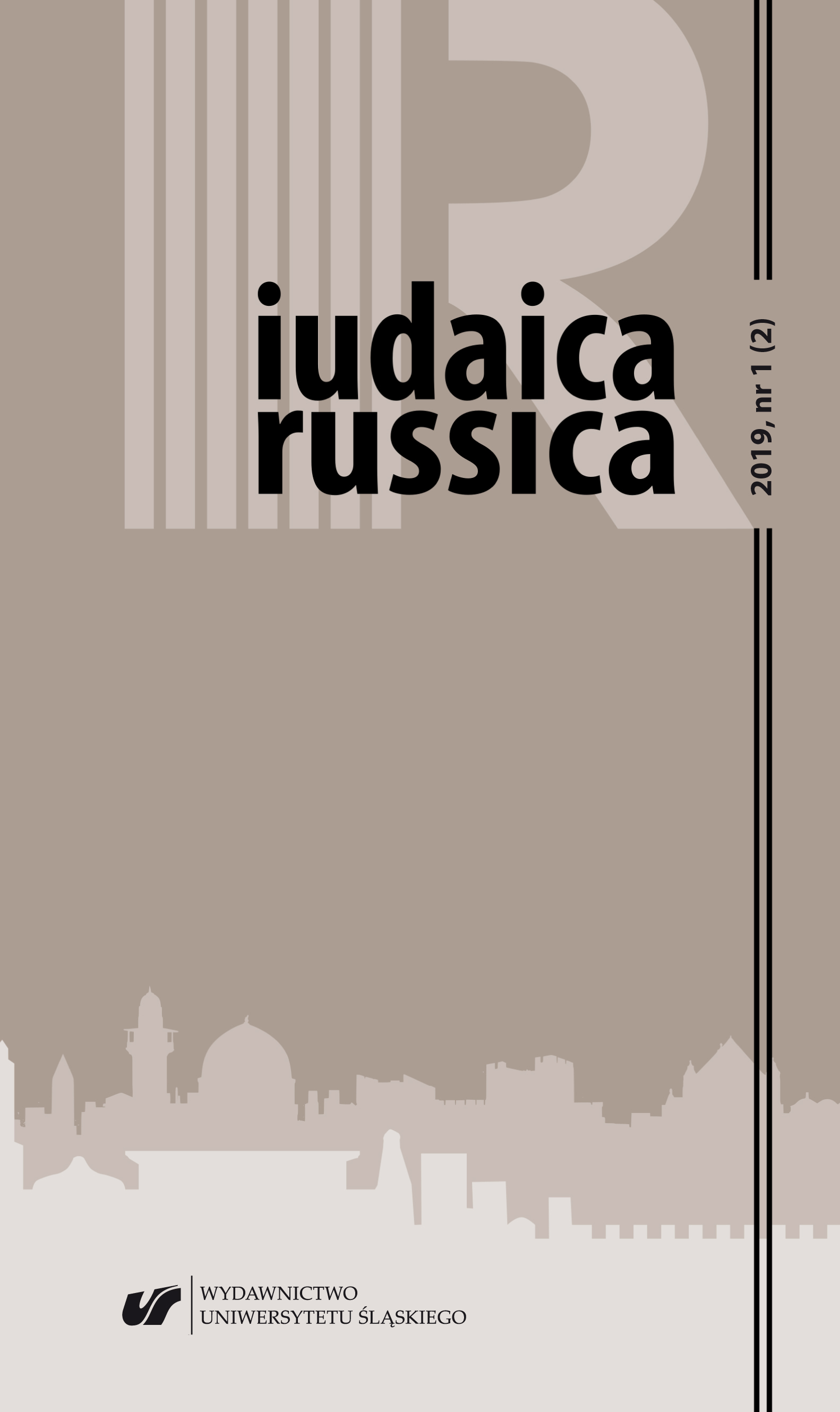
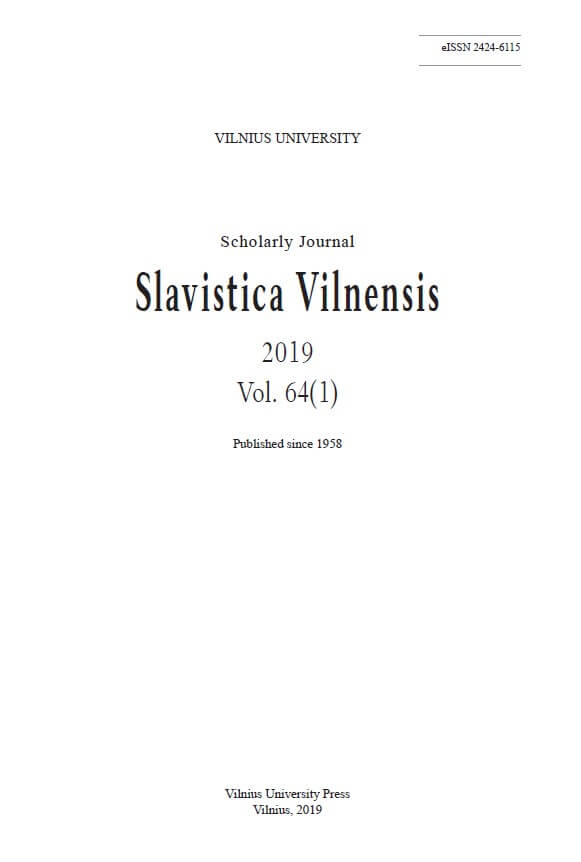
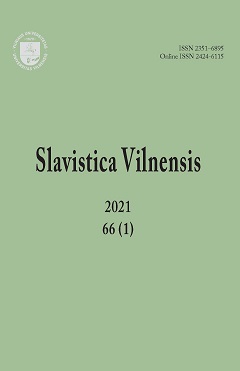
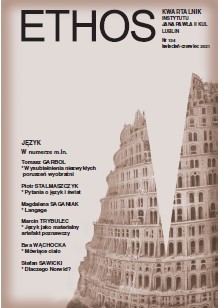
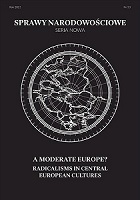
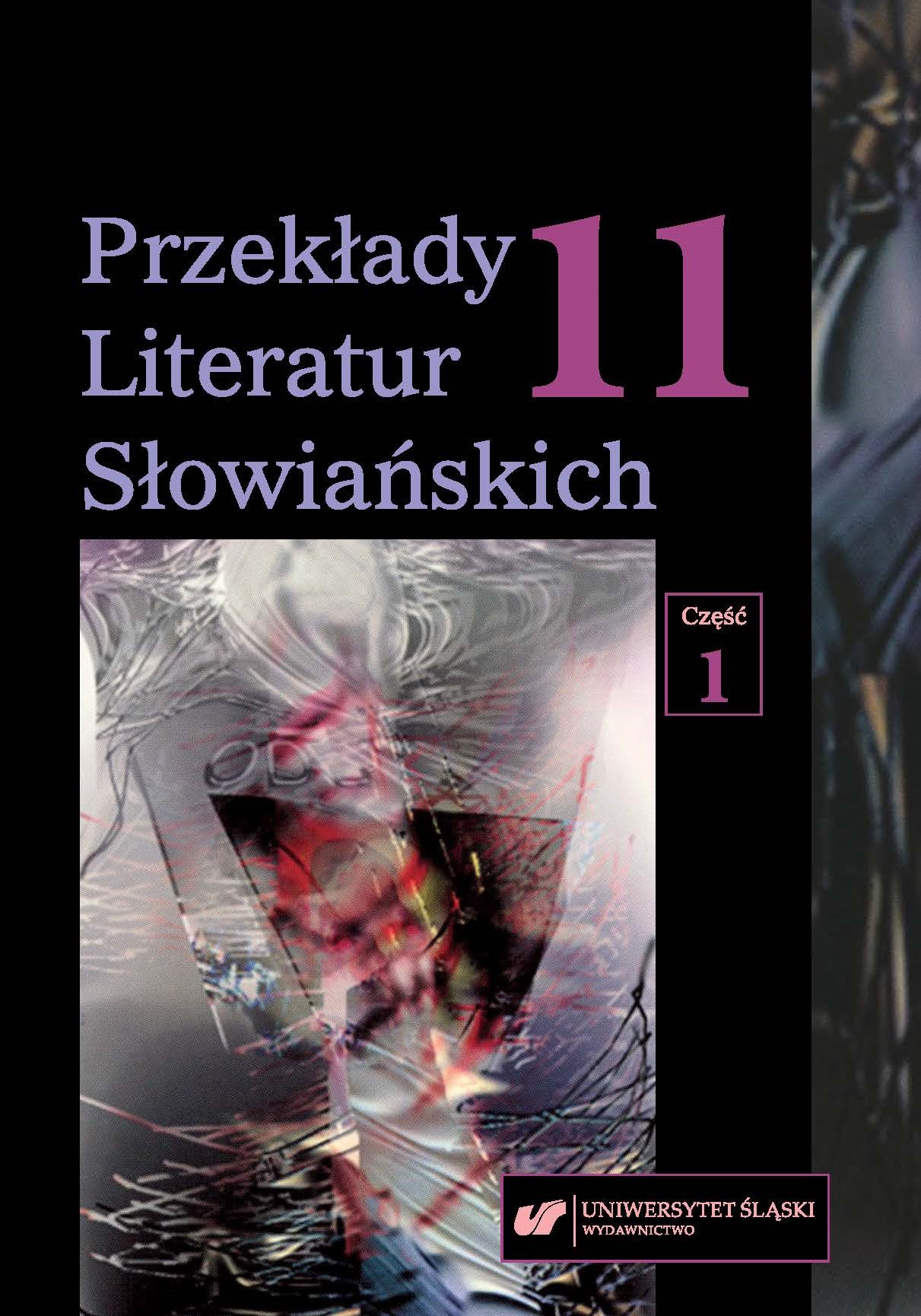
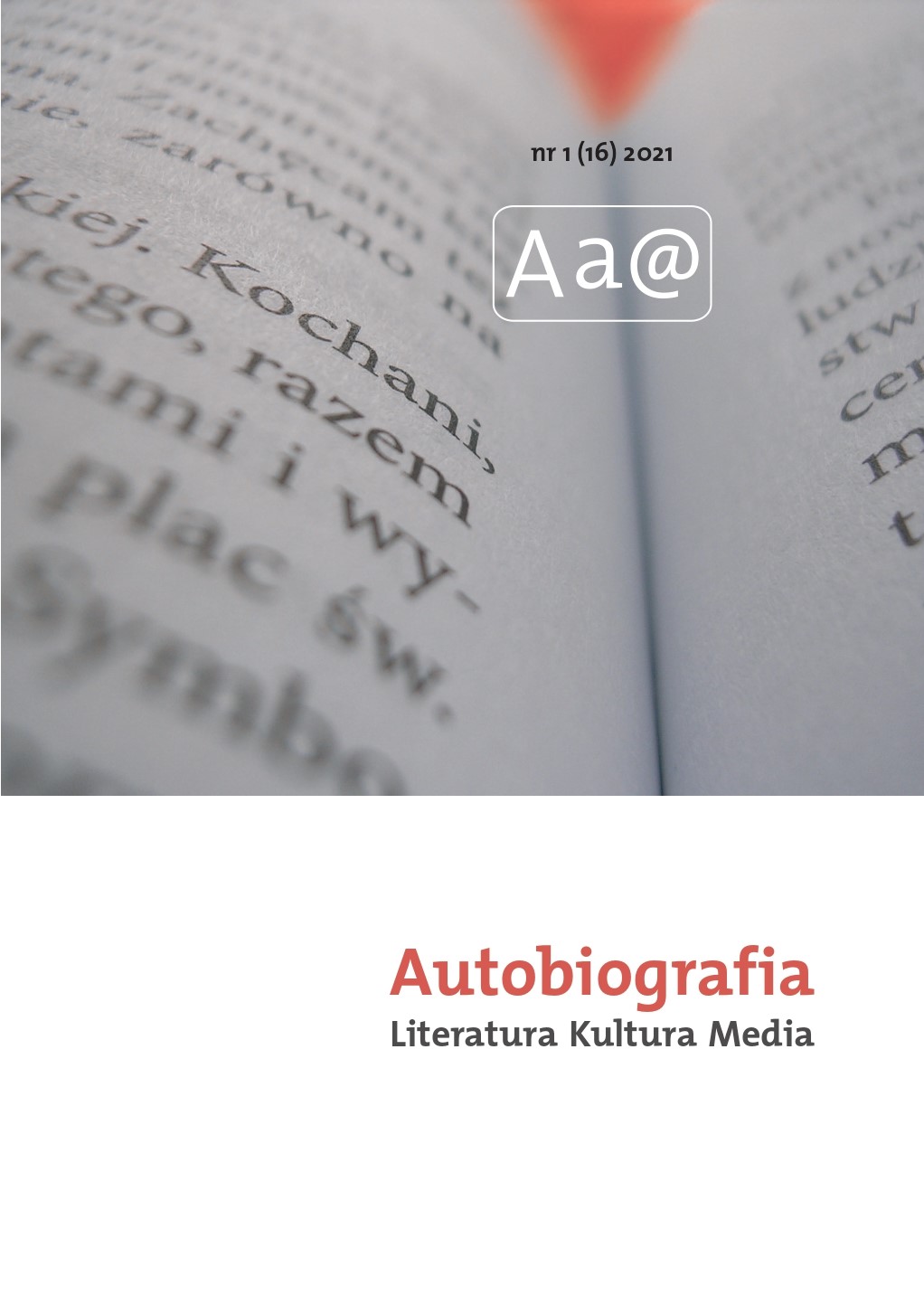
![Das ,Unheimlicheʻ in JAROSŁAW MAREK RYMKIEWICZʼ Umschlagplatz und IGOR OSTACHOWICZʼ Noc żywych Żydów [Nacht der lebenden Juden]](/api/image/getissuecoverimage?id=picture_2021_66498.jpg)
